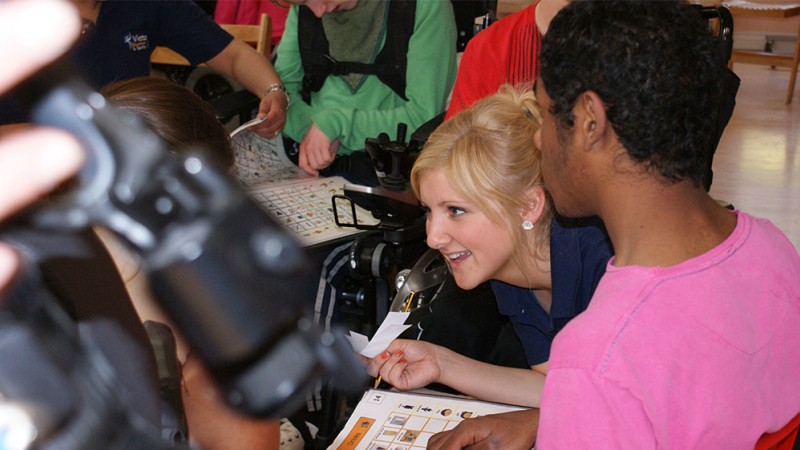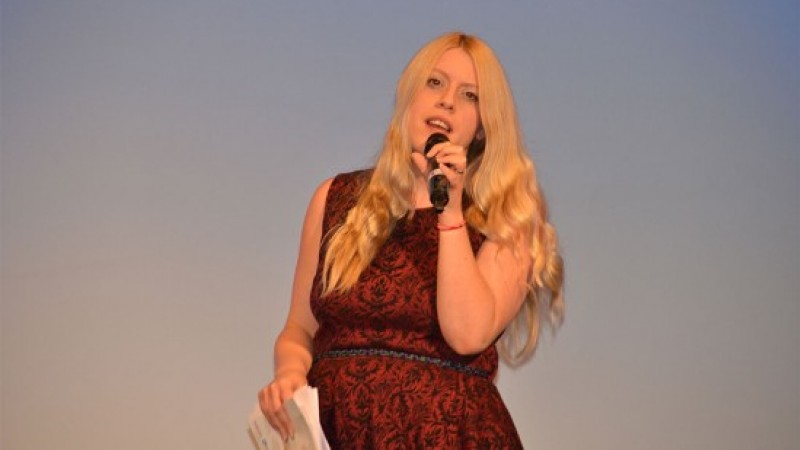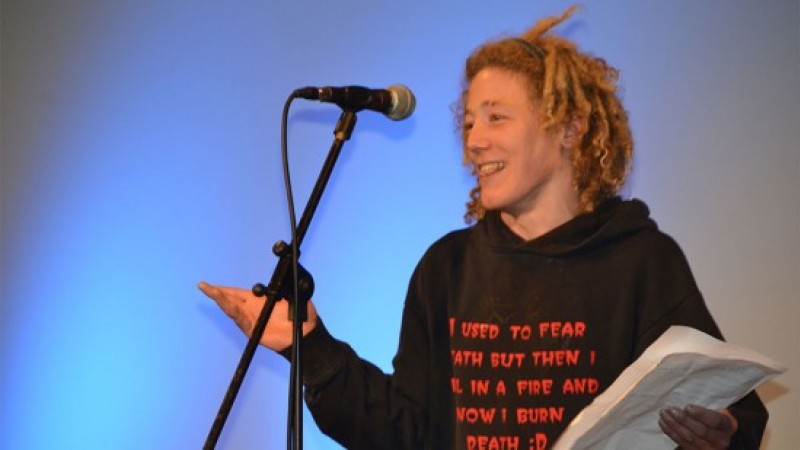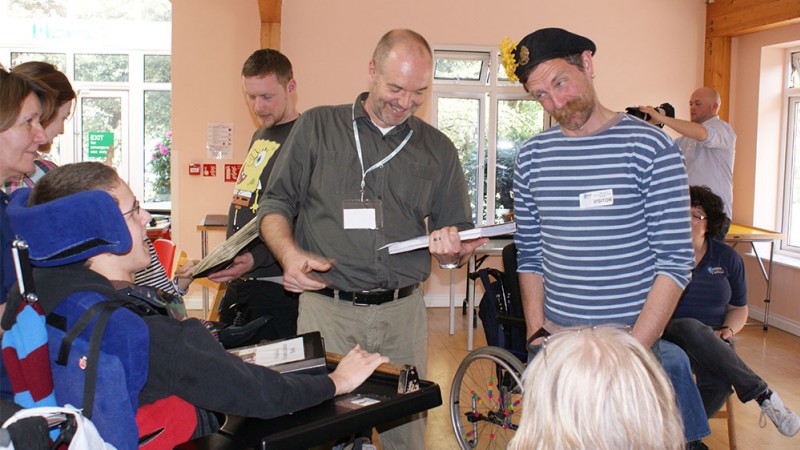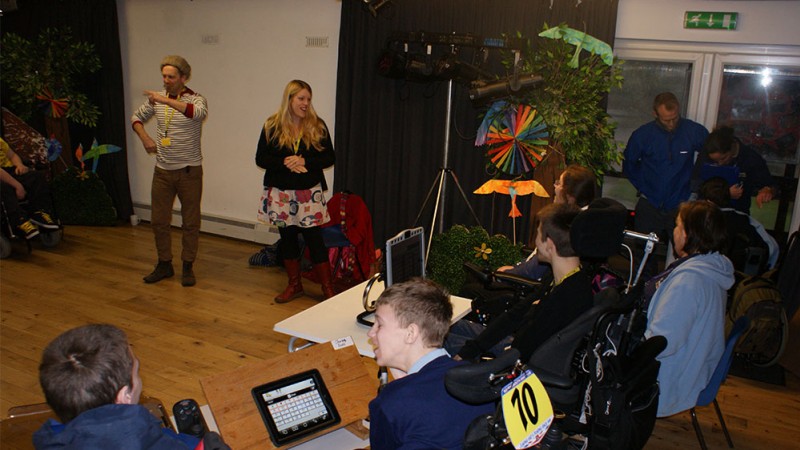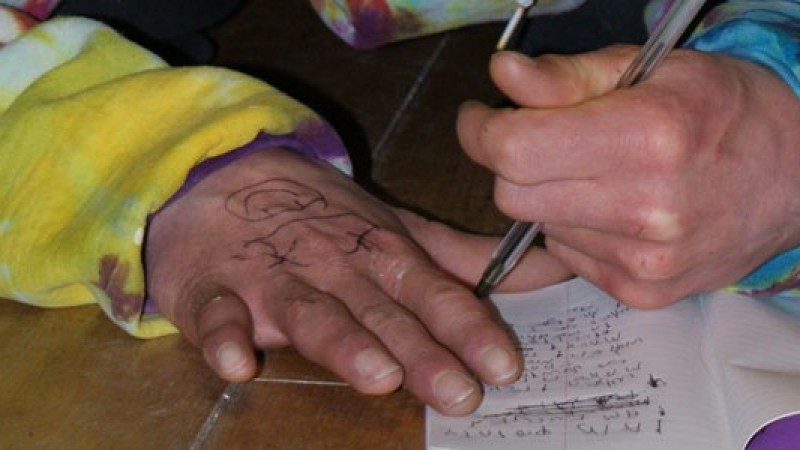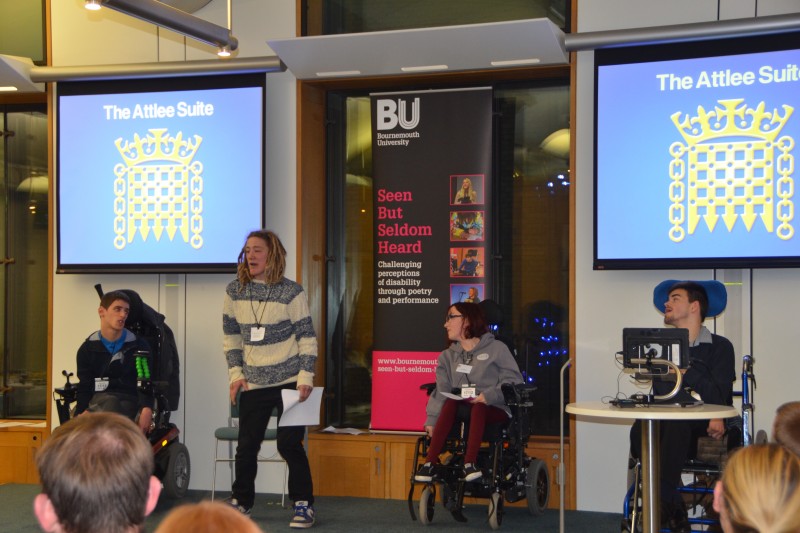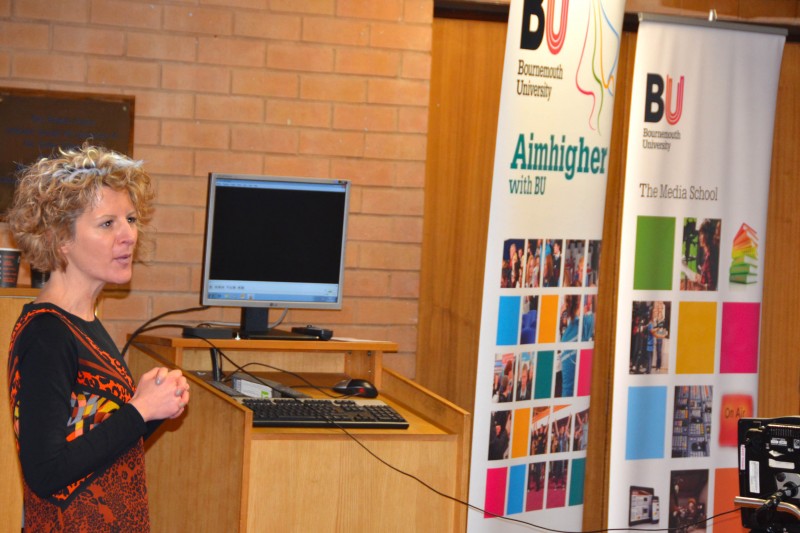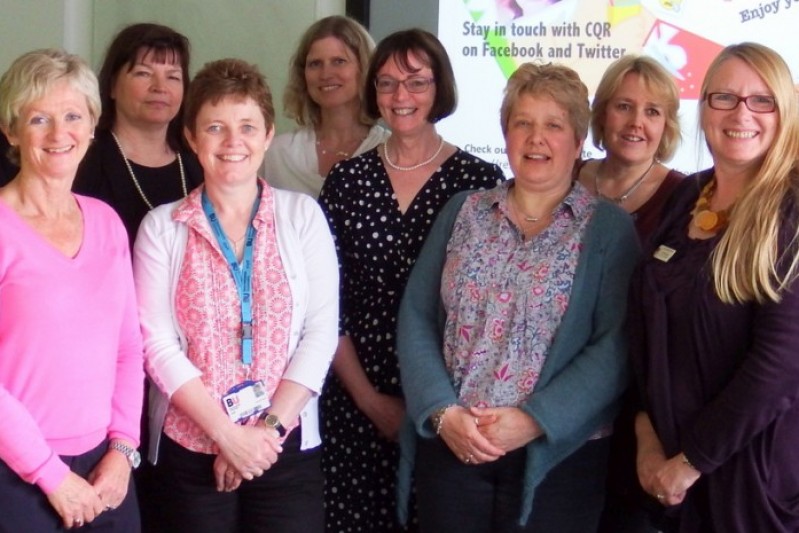My name is Jagdev Singh. If I could, I would change everything.
Hearing these opening words to a poem by a teenager confined to a wheelchair, it’s impossible not to be moved by their power. When you come to realise that Jagdev is describing the moment a brain aneurysm left him disabled as a child, that power only increases.
Giving youngsters with disabilities the power to explore their feelings about themselves and the world around them was the focus of the Seen but Seldom Heard project run by BU to coincide with the Paralympics.
The idea was simple – to give a voice to those whose voices may not ordinarily be heard; to explore things with them that may not ordinarily be explored.
My Name is Jagdev Singh
Changes in society
The project was initially the brainchild of BU’s Wendy Cutts – encouraging young people with various physical disabilities to use poetry to discuss their own experiences, and to talk about the changes they would like to see in society.
Working with BU colleagues Dr Carrie Hodges and Professor Lee-Ann Fenge, Wendy began working with the Victoria Education Centre in Bournemouth, which is attended by children with a wide variety of disabilities, to run poetry workshops for the children there.
Seen But Seldom Heard : A short film
See more performance clips from the project
Performance poets
To help the children explore their feelings and develop their poetry, two performance poets – Jonny Fluffypunk and Liv Torc – attended some of the sessions. The pair were delighted to be able to use their talent for the spoken and written word to help the children explore what being disabled meant to them – even though doing so was not always easy.
“Its been really inspiring to watch what they’ve come up with and to think of ways to help these people step outside of their bodies and outside of their limitations and think what they would do if they were free from their disability,” says Liv. “Its quite a safe environment here and it’s easy to think life’s great, but there’s a reality to what these young people have to go through, and talking about that is much harder than pretending it doesn’t exist.”
Jonny Fluffypunk
Performance Poet
These are some of the most inspiring people I’ve ever worked with. It’s really beautiful what human beings can do, regardless of perceived setbacks.
Biggest hurdle
The project team found that the biggest hurdle was discussing with the children what disability meant to them, because that’s an unusual step for many. “People don’t talk about what their disabilities mean, or how they think others view them, and it took a lot of courage to get through that and say: ‘This is actually how I feel’,” recalls Liv.
The project has been a huge success in giving the children a voice that had previously gone unheard. The children gave a performance of their poetry in the ICCI360 arena in Weymouth during the Paralympics, which was well-received and gave them a new feeling of accomplishment and acceptance that they were being listened to.
More to come
Annie Caldwell, of the Victoria Education Centre, feels that there is even more to come – both for those who have already been part of the project and those who will be given the chance to undertake poetry workshops in the future.
“There have been some really powerful thoughts and feelings spoken through the children’s work, and they haven’t been afraid to say what they think and feel about their own lives and how they live them,” she says. “But there’s more to come – we want to give more people this platform, and it’s a great vehicle with which to do it.”
